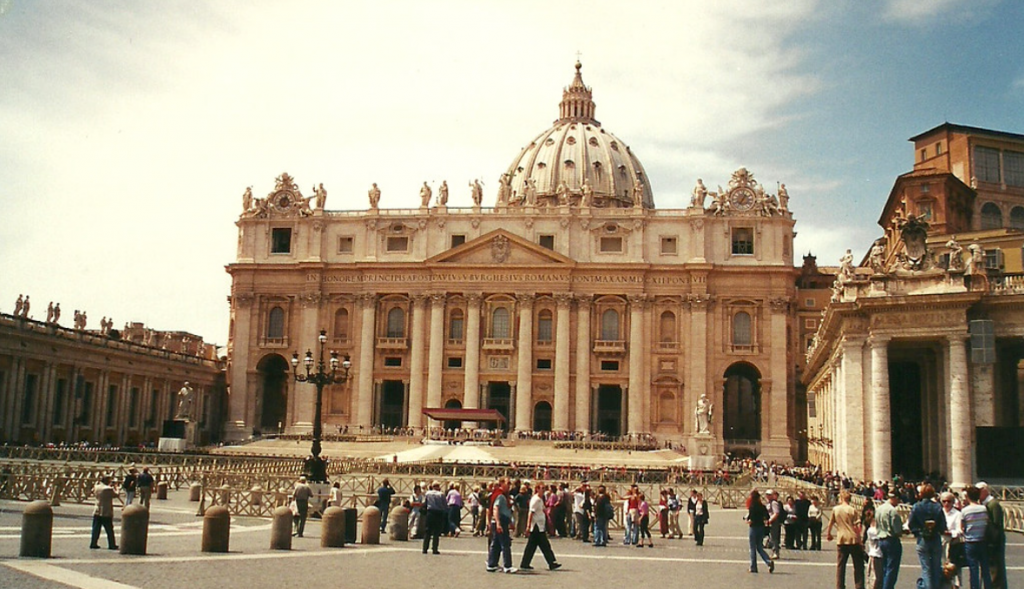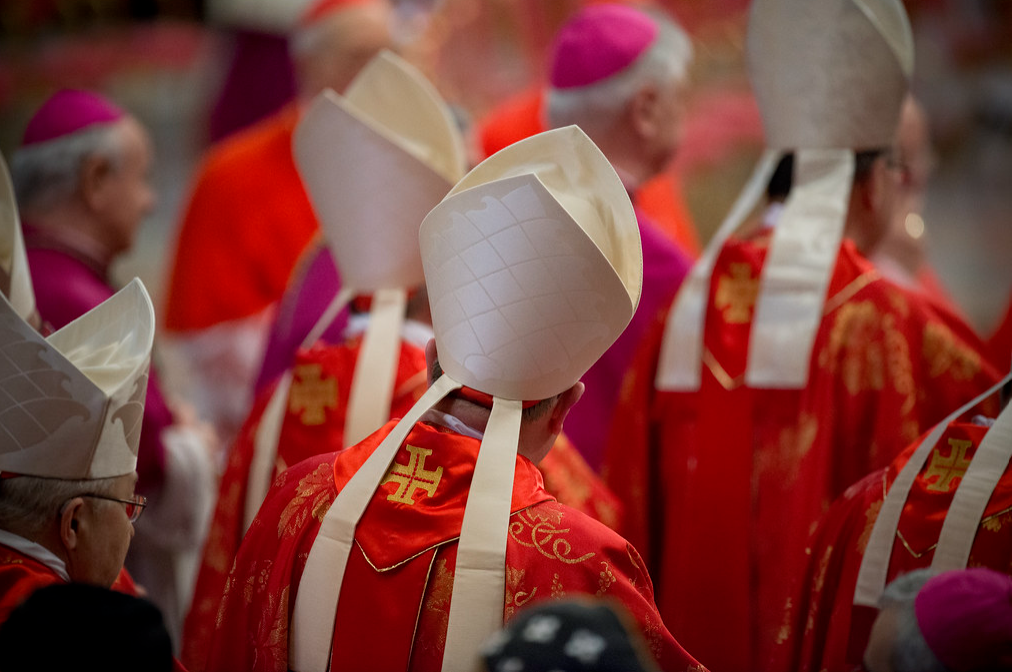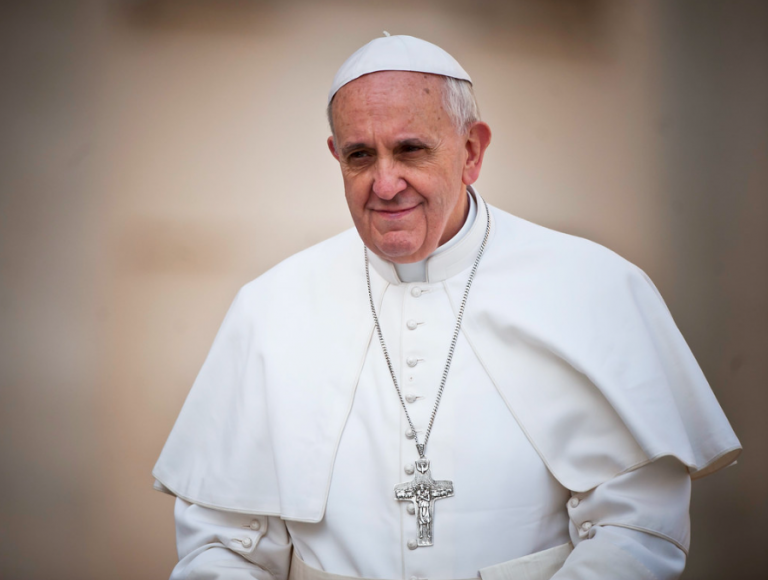The death of Pope Francis at age 88 has sparked a flurry of renewed interest in a centuries-old prophecy that some believe predicted this very moment—and possibly the end of the papacy itself. The theory stems from the so-called “Prophecy of the Popes,” a list attributed to 12th-century Irish Archbishop St. Malachy, which seemingly stops at 112 popes—ending, many say, with Francis.
According to the prophecy, published in 1595 by Benedictine monk Arnold de Wyon, Pope Francis was to be the final pontiff before the fall of the Roman Church. The list contains cryptic descriptions of each pope, and while experts agree the early entries are oddly accurate, most scholars believe it was likely forged in the late 1500s to boost support for a specific candidate.

Despite widespread skepticism, conspiracy theorists online are now claiming that the upcoming papal conclave may not produce a 113th pope at all—or if it does, he could mark the start of a new and ominous era. The final entry in the prophecy describes a figure called “Peter the Roman,” who would “feed his flock amid many tribulations,” followed by the destruction of the “seven-hilled city” and a divine judgment—commonly interpreted as the end of the world.

Church historian Fr. James Weiss of Boston College insists the prophecy isn’t a credible prediction, noting the vague and inconsistent descriptions of more recent popes. He also points out that the numbering may be skewed by the inclusion of “antipopes”—claimants to the papacy not officially recognized by the Church.
Still, with a new conclave now underway and speculation running wild, the prophecy has resurfaced just as smoke prepares to rise once again from the Sistine Chapel. Whether this marks the end of an era—or just another dramatic twist in Vatican history—depends largely on whom you ask.




